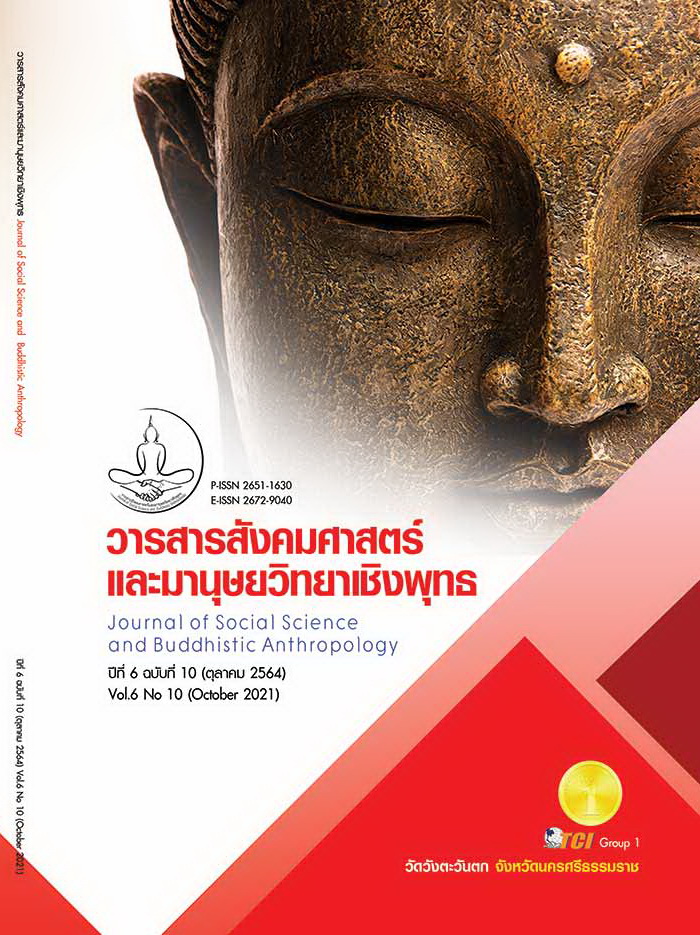MAKING GENERALIZATIONS: CONCEPT AND PRACTICE FOR DEEP LEARNING IN SOCIAL STUDIES
Keywords:
Generalizations, Social Studies, Inductive Teaching, Deductive Teaching, Generalization - Based TeachingAbstract
Social studies comprises broad subject matter, meaning that instruction that emphasizes facts, skills, and processes will result in learners developing only surface learning. In contrast, generalization teaching can provide learners with an opportunity to foster surface learning, deep learning, and transfer learning. Generalizations are statements that present relationships between two or more concepts and can be inferred in a universal manner. Such statements must be obtained by summarizing or synthesizing facts which are accurate, truthful, and observable, and must also be applicable in various situations without restriction based on time, place, or culture. Developing learners’ abilities to make generalizations in social studies is valuable and pivotal to learners in a variety of areas, such as developing learners to gain a deep understanding of the studied subject, fostering various thinking abilities, promoting the application of knowledge, encouraging learners to interact with information in a variety of ways, promoting a learner - centered learning environment, directing learners to think and predict stories, and decreasing the burden of memorizing facts and information. The following teaching approaches can be applied to develop learners’ abilities to make generalizations in social studies: 1) Direct instruction, 2) Inductive instruction, 3) Deductive instruction, 4) Combination of inductive and deductive instruction, and 5) Generalization - based instruction. In addition, the instructor can assess an individual learner’s ability to make generalizations by considering three criteria: generalization elements; relevance to the concepts and facts of the lesson; and the degree of universality.
References
วลัย อิศรางกูร ณ อยุธยา. (2555). หน่วยที่ 1 สังคมศาสตร์และสังคมศึกษา. ใน ประมวลสาระชุดวิชาสารัตถะและวิทยวิธีทางสังคมศึกษา. นนทบุรี: สาขาวิชาศึกษาศาสตร์ มหาวิทยาลัยสุโขทัยธรรมาธิราช.
Adler, S. & Moi, K. (2017). Identifying what to teach: Using concepts, generalizations and driving questions. HSSE Online, 6(2), 28-37.
Banks, J. (2003). Teaching strategies for ethnic studies. (7th ed.). Boston, MA: Allyn and Bacon.
Beal, C. & Bolick, C. (2013). Teaching social studies in middle and secondary schools. (6th ed.). Boston, PA: Pearson.
Byford, J. & Russell, W. (2007). The new social studies: A historical examination of curriculum reform. Social Studies Research and Practice, 2(1), 38-48.
Erickson, L. & Lanning, L. (2014). Transitioning to concept-based curriculum and instruction: How to bring content and process together. Thousand Oaks, CA: Corwin.
Erickson, L. (2007). Stirring the head, heart, and soul: Redefining curriculum, instruction, and concept-based learning. (3rd ed). Thousand Oaks, CA: Corwin.
Hattie, J. et al. (2020). Visible learning for social studies, grades k-12: Designing student learning for conceptual understanding. Thousand Oaks, CA: Corwin.
Larson, B. (2016). Instructional strategies for middle and high school social studies: Methods, assessment, and classroom management. (2nd ed.). New York, NY: Routledge.
Manchekar, S. (2015). Scientific methods of teaching history. Solapur: Laxmi.
Marschall, C. & French, R. (2018). Concept-based inquiry in action: Strategies to promote transferable understanding. Thousand Oaks, CA: Corwin.
McDowell, M. (2019). Developing expert learners: A roadmap for growing confident and competent students. Thousand Oaks, CA: Corwin.
McKinney, C. & Edgington, W. (1997). Issues related to teaching generalizations in elementary social studies. The Social Studies, 88(2), 78-81.
McTighe, J. & Silver, H. (2020). Teaching for deeper learning: Tools to engage students in meaning making. Alexandria, VA: Association for Supervision and Curriculum Development.
Mükerrem, A. & Özden, D. (2011). An evaluation of the instruction of generalization in elementary school social studies program. Journal of Social Studies Education Research, 2(2), 60-95.
Parsons, J. & Schroder, M. (2015). Tools for teaching social studies: A how-to handbook of useful ideas and practical solutions. (2nd ed.). Calgary: Brush Education.
Shiveley, J. & Misco, T. (2009). Reclaiming generalizations in social studies education. Social Studies Research and Practice, 4(2), 73-78.
Singh, Y. (2008). Teaching of social studies. New Delhi: APH.
Zalte, S. (2013). Capacity building in teachers to teach geography scientifically. An Educational Research Journal, 2(1), 11-17.









